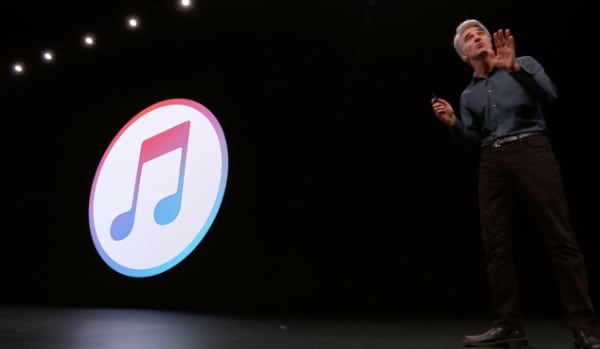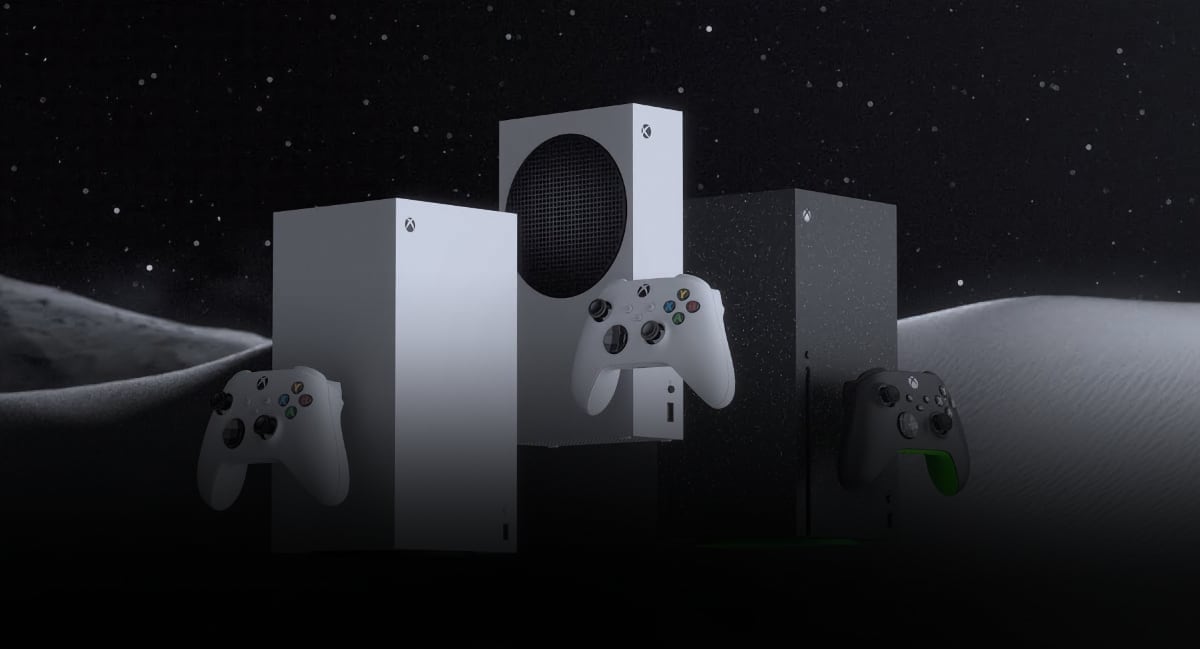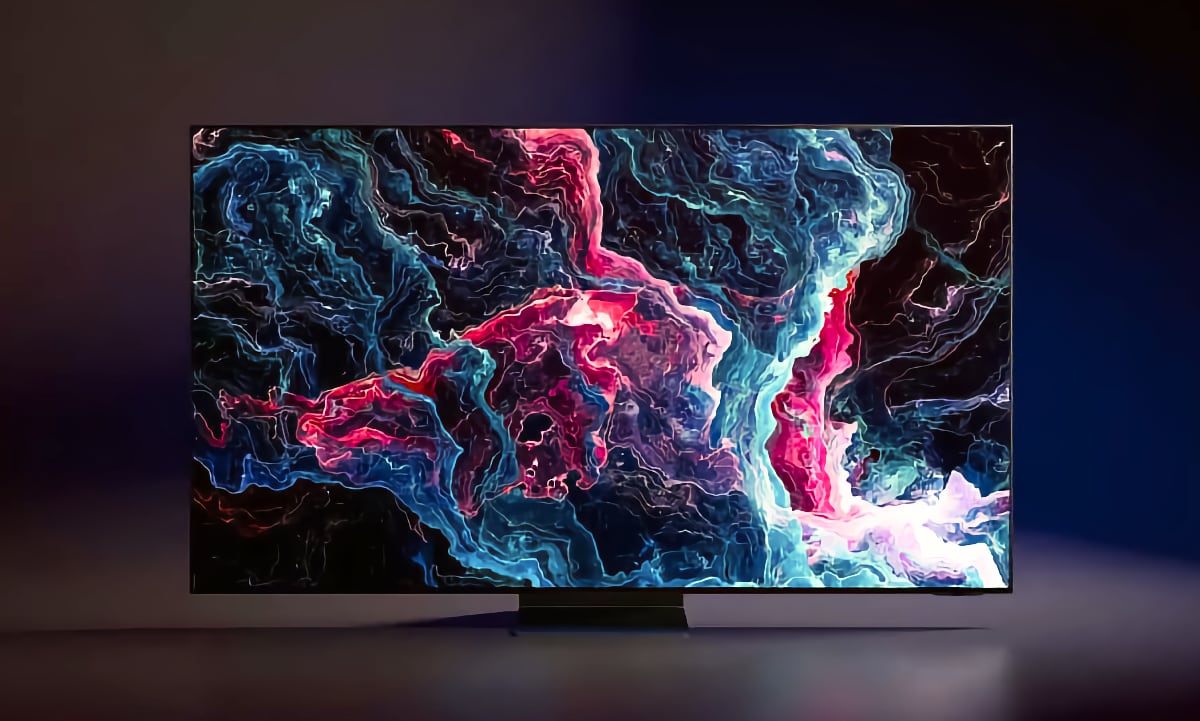18 years after it was introduced, Apple is breaking up iTunes into three standalone TV, Music, and Podcasts apps. This was confirmed at WWDC 2019.
iTunes: The end of an era
iTunes was announced in January 2001 by Steve Jobs as the "world's best and easiest to use jukebox". Since then, iPod and iPhone arrived, the music store was launched, iTunes for Windows emerged, and Apple added movies, TV shows, and much more.
iTunes is an iconic piece of software that has helped put Apple on the world map. However, the software has also been heavily criticized for its confusing user interface and functionality. By including too many things in iTunes, it started to look and feel bloated. In recent years, Apple has tried to bring iTunes up to speed but without much luck.
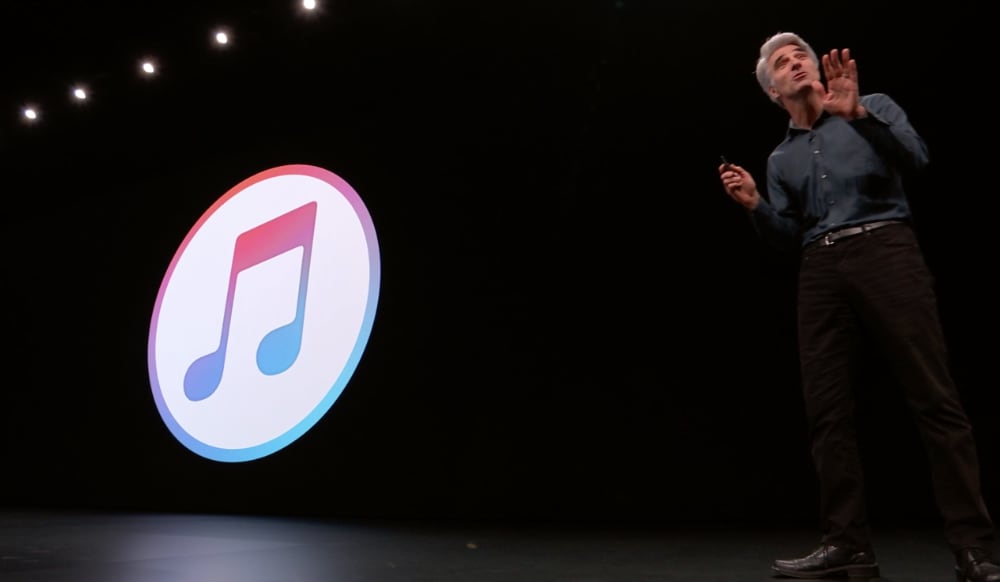
At WWDC 2019, Apple had saved iTunes for one of the last segments. Craig Federighi, Apple's vice president of Software Engineering, jokingly asked; What if iTunes could do more? Such as including calendar, Mail and Safari?
Instead Apple will be phasing out the iTunes app in favor of the three standalone apps TV, Music, and Podcasts. This was confirmed at WWDC 2019 in San Jose.
- "The future of Apple Music, our iTunes, is not one app but three. Apple Music, Apple Podcasts and Apple TV," Craig Federighi said on stage.
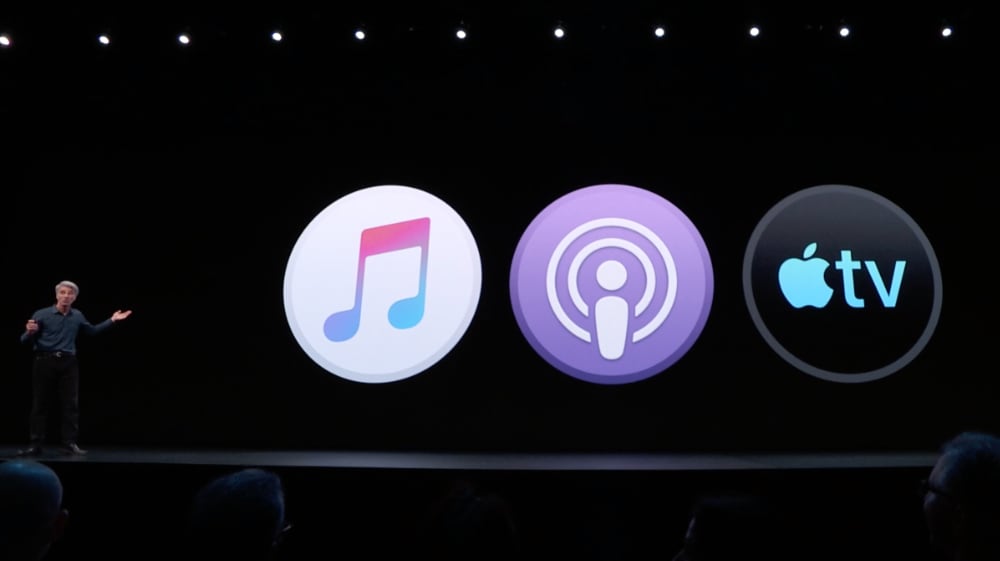
The Apple TV app
Apple unveiled the new TV app in March and launched in it over 100 countries in May on Apple TV and iOS.
The TV app will include the full iTunes movie and TV show catalog, including titles in 4K HDR and Dolby Atmos. It will also include content from partners such as HBO and later this year it will become the home to the company's TV+ streaming service. With the launch of the TV app on Mac, Apple is also bringing support for 4K HDR and Dolby Atmos to some Mac computers.
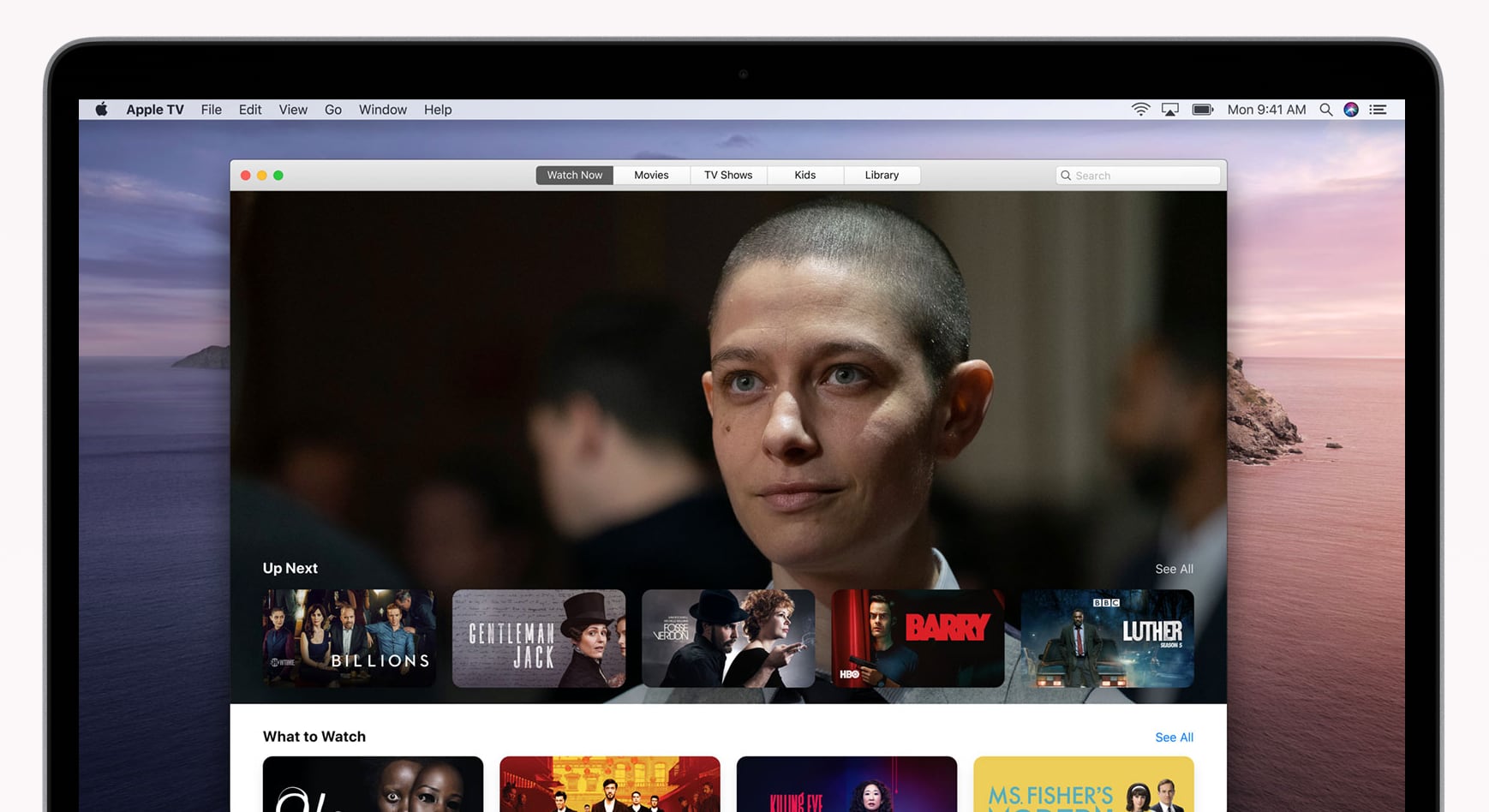
The Apple Music app will separate the music section from iTunes - without the clutter - while the Podcasts app is exactly what it sound like. Apple says that it uses machine learning to surface relevant podcasts when users input search terms. iPhone and iPod syncronization will be available from the Finder app on Mac, while iTunes will continue to be available as an app for Windows - at least for now.
Another new feature in macOS Catalina will be the so-called Sidecar feature. It allows users to use an iPad as a secondary monitor for a Mac or Macbook. Sidecar also allows users to use iPad as an input device together with the company's digital pen.
iTunes will be phased out starting with macOS Catalina (version 10.15) that will be available this fall as a free software update.

